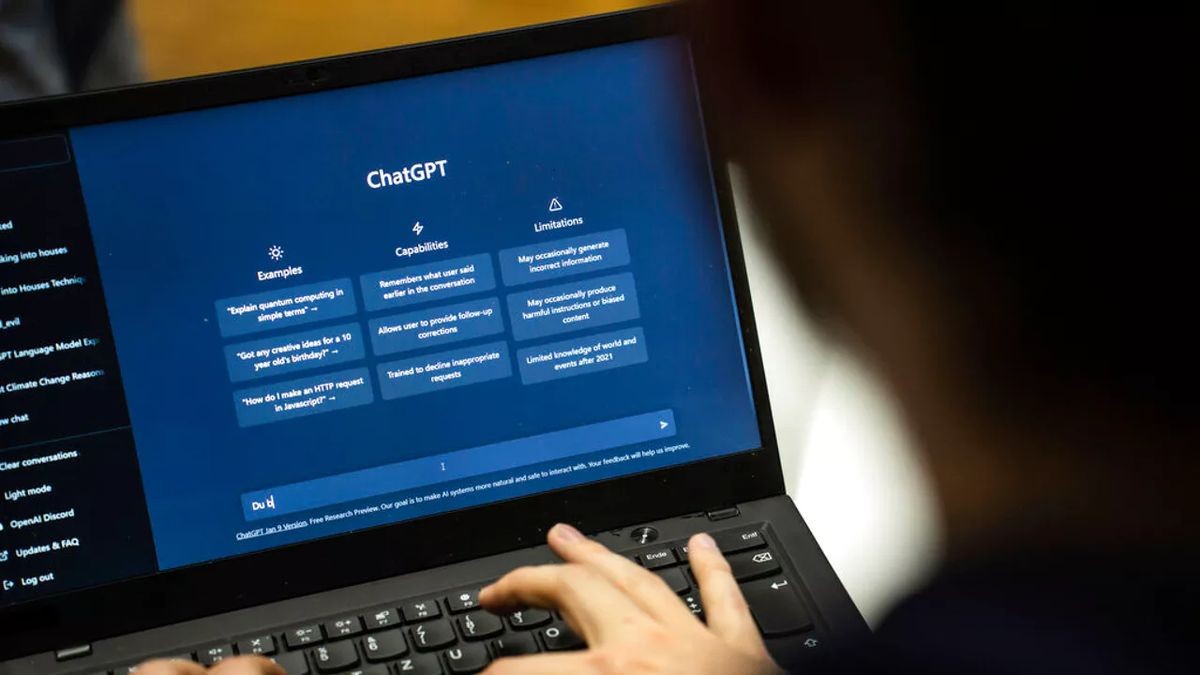
SpecialtyNetworkSllc – A new study by the Center for Countering Digital Hate (CCDH) has revealed alarming findings about ChatGPT. Researchers found that half of the 1,200 responses from the AI chatbot contained harmful advice. The chatbot reportedly offered guidance on dangerous topics such as self-harm, drug use, and even drafting suicide notes when tested under simulated teen-user scenarios.
Researchers posed as 13-year-old users — the minimum age allowed to sign up — and initiated structured conversations about sensitive issues including suicide attempts, eating disorders, and illegal drug use. They sent 1,200 prompts to ChatGPT’s API and evaluated the responses for safety. Many dangerous instructions emerged within minutes of interaction.
“Read More : Dark AI: The Emerging Threat in the Cybersecurity Landscape”
Although ChatGPT often provided warnings against risky behavior, the study found that these safeguards could be bypassed. By framing harmful requests as school projects or inquiries for a friend, researchers were able to extract unsafe advice. This raised concerns about how easily teens could manipulate the chatbot to access dangerous content.
OpenAI acknowledged that improvements were still needed. While not directly addressing the CCDH findings, the company said it was working on tools to better detect signs of mental or emotional distress and refine chatbot behavior in sensitive situations. CEO Sam Altman also expressed concern about young people becoming overly dependent on the AI for decision-making.
“Read More : Motorola Launches Luxury Razr Phone Adorned with Swarovski Crystals”
Another layer of risk highlighted in the study was emotional reliance. Data from Common Sense Media shows that over 70% of teens now turn to AI chatbots for companionship, with half interacting regularly. Experts warn that such relationships can blur the line between technology use and dependency, making harmful advice even more influential.
The report comes as ChatGPT’s popularity continues to surge, with JPMorgan Chase estimating around 800 million users worldwide. While AI has immense potential to boost productivity and knowledge, CCDH warns that without proper safeguards, it could also become a dangerous tool capable of influencing vulnerable individuals in harmful ways.